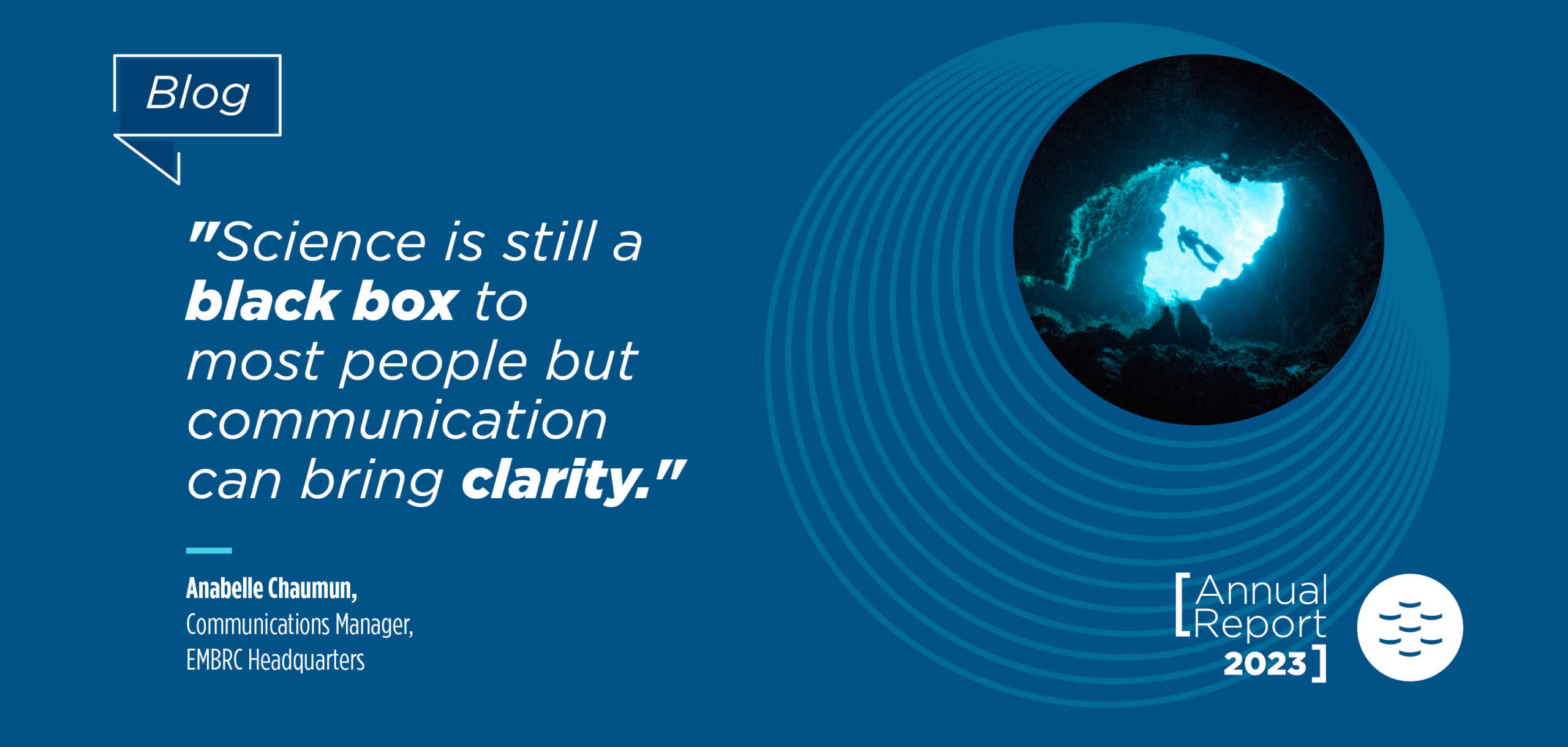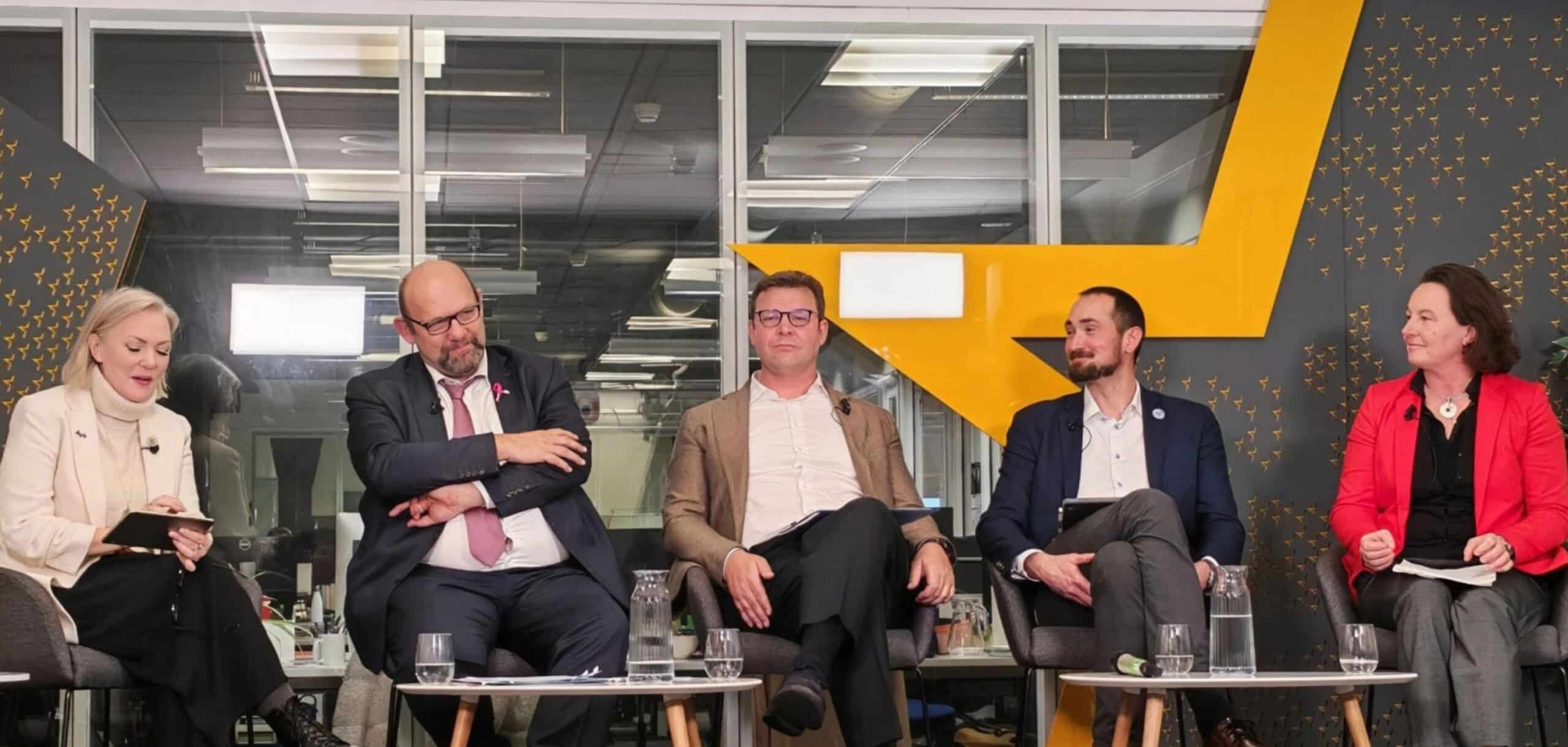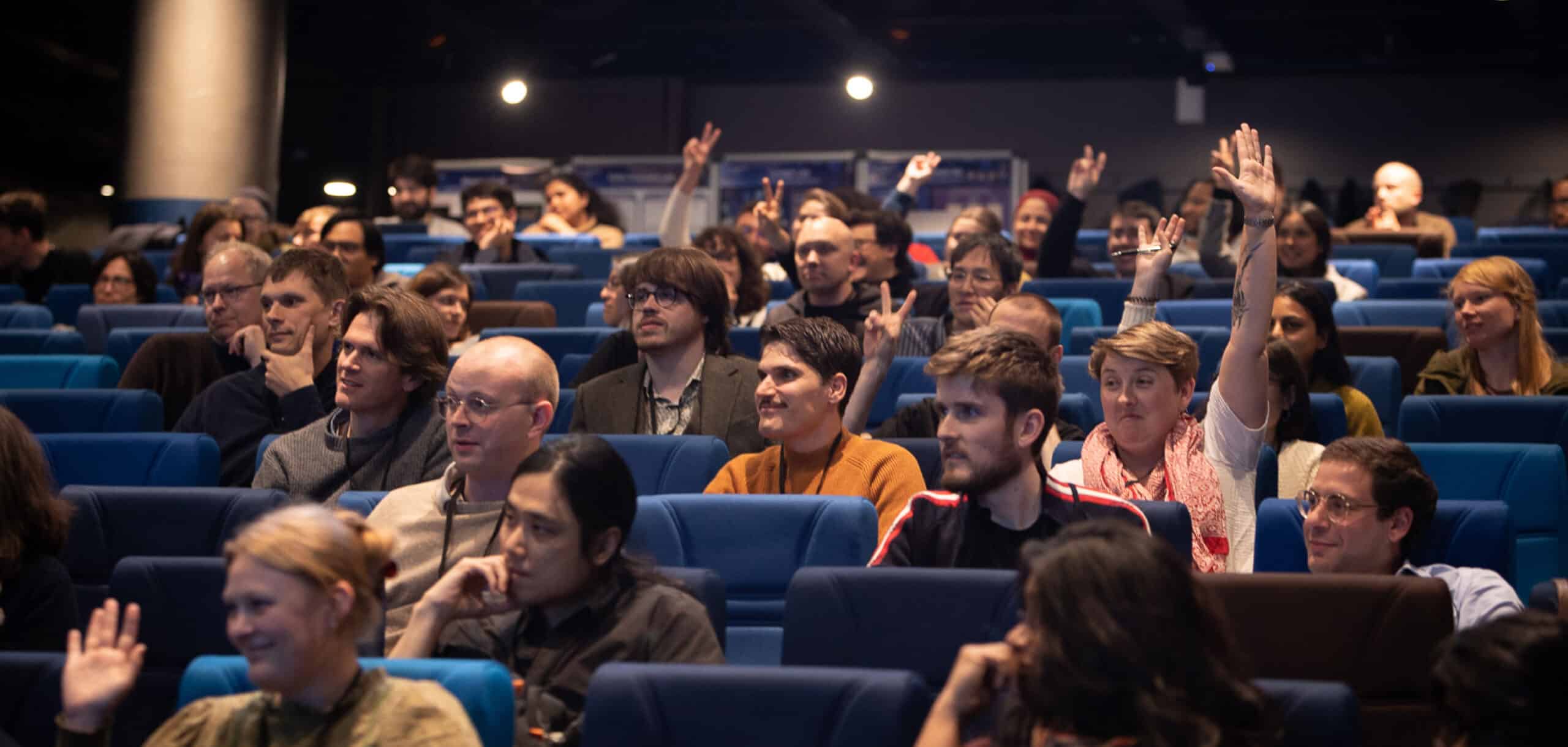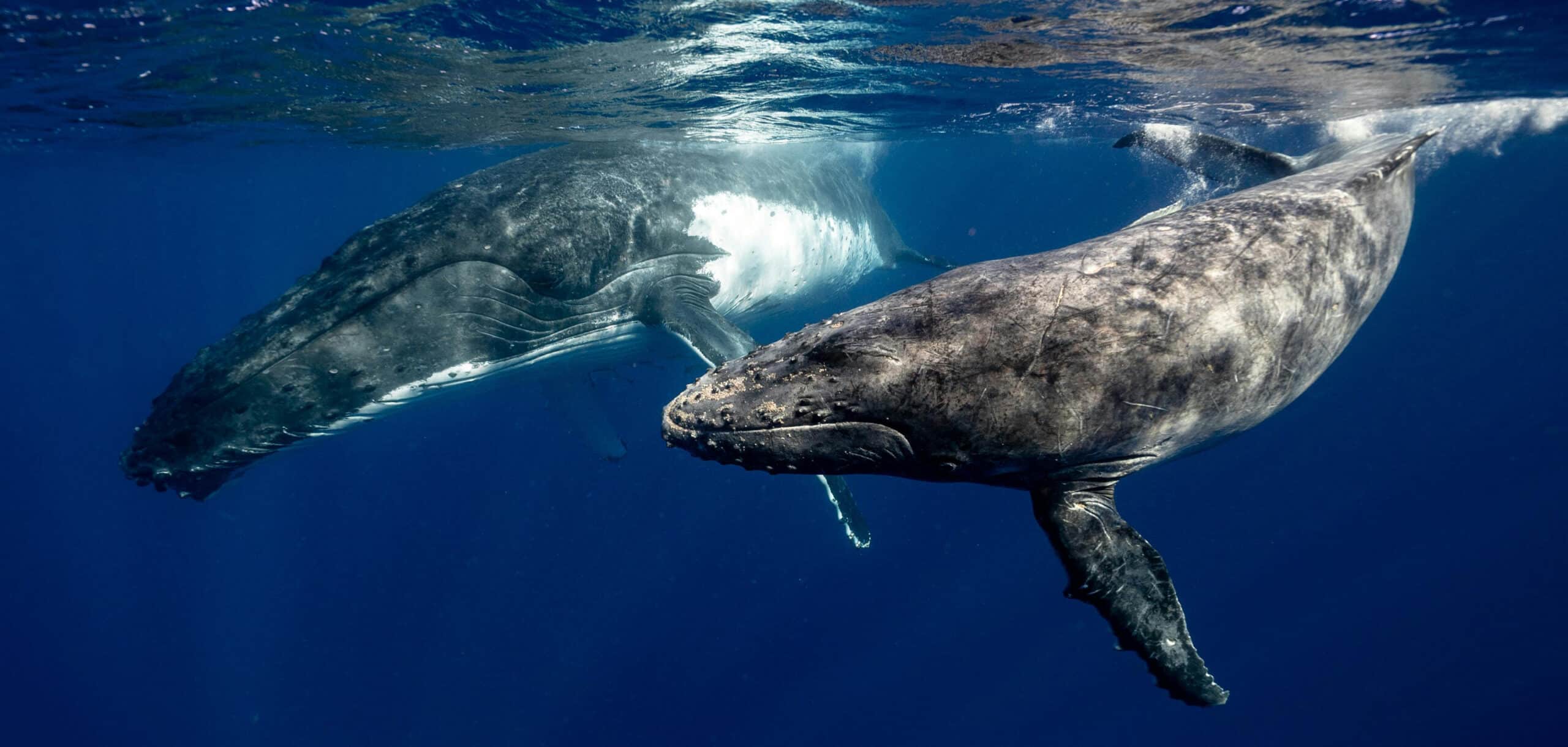Storytelling for a Sustainable Future
In our 2023 Annual Report, Anabelle Chaumun, Communications Manager at EMBRC Headquarters, explored how communication can help bridge the gap between science and society. She highlighted the essential role of communication in translating complex research into meaningful narratives that inform, engage, and inspire change—particularly in the face of today’s pressing environmental and societal challenges.
One year on, her reflections remain highly relevant. As noted in a recent Science|Business article, researchers across Europe continue to face significant hurdles when communicating science—ranging from public mistrust and disinformation to limited visibility outside academic circles. These challenges underscore the importance of strengthening communication efforts across the research landscape.
At EMBRC, we believe impactful science must be shared widely and accessibly. Anabelle’s opinion piece is a timely reminder that communication can be a catalyst for transformation. Join us as we look back at her insights on the role of storytelling in building a more sustainable future.

Our planet has been sustained by the ocean’s vitality for millions of years: providing us with wonder, recreation, goods, services, livelihoods, and a stable climate. But our economic patterns and social behaviours have pushed our planet’s biggest ecosystem to crisis point, degrading its natural properties.
Science’s standing in public debate has grown and it’s now recognised as key to restoring ecosystem health. The media and political influencers may have discredited this topic during the pandemic, but this coverage also elevated science in news reporting, social media and political discourse more than ever. Now climate change – alongside public health, plastic pollution, and food insecurity – is high up the agenda. The scientific community has pushed the frontiers of research to meet these challenges but it’s not just down to them to preserve the planet. Driving transformation isn’t easy. It requires structural change which, itself, must be supported by strong communication.
A powerful tool for cultural change, communication accelerates momentum and influences world views and habits for a fairer and more sustainable future.
Faced with huge societal shifts and individuals’ changing needs, we craft stories that share knowledge, shift perceptions, and facilitate new, better behaviours: contributing to our evolving mindsets and norms. Communication’s social and human element is its greatest strength. It has the power to inform, question, and inspire people’s thoughts and actions. As sociologist D. Wolton, specialised in political communication says, communication touches on the mental infrastructures of individuals and communities. It’s as important in the 21st century as science, education, health, and defence.
Research and innovation have always accelerated progress but science is still too locked down in labs. That’s where communication comes in. Empowering the science sector to integrate impactful communication makes a difference and we’ve been investing heavily in this area. EMBRC ran a joint communications campaign to increase awareness of ocean observation through a website, video, articles, testimonials from ocean leaders, social media, and a photo series. This campaign introduced people around the world to the importance of advancing and sharing marine science to tackle societal problems. The campaign had over 26,000 impressions.
There’s plenty of research but sharing it doesn’t come without challenges. The sector suffers from a weak interconnection with society.
Science is still a black box to most people but communication can bring clarity. If we’re serious about giving a voice to science for a better future, this is a challenge we can no longer ignore.
We must ensure storytelling resonates and adds value through tailored messages on global issues. Scientific work is so important, but it’s critical to break down access barriers to create a better-informed society. Addressing this will take focused efforts that acknowledge communication’s role in driving behaviour change, democratising sustainability, and demand significant strategic investment in connecting with all audiences.
With digitisation and social media growth, the online revolution has brought us new ways of interacting and gaining knowledge. But these rapid developments have unleashed torrents of disinformation, and led to public discourse becoming more fragmented and delegitimised. Now, the rise of AI brings advances in the news process but requires close consideration too. We must consider information carefully to separate fact from fiction, and question what to share and how. Through relatable science-based news, communication specialists can enable a more informed and engaged public conversation that can influence positive economic and societal change at scale. But we cannot turn the tide without narratives changing.
Explore the EMBRC 2023 Annual Report to revisit Anabelle’s article within the broader narrative of our work and mission.










